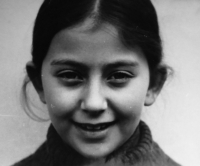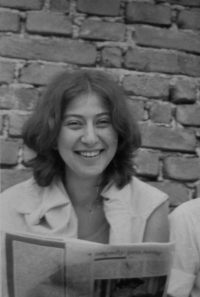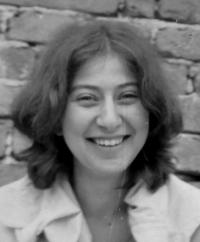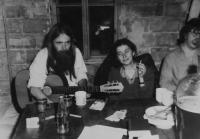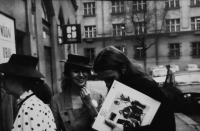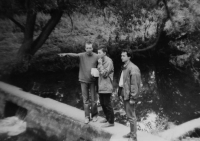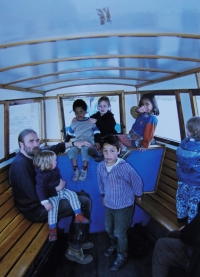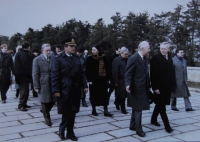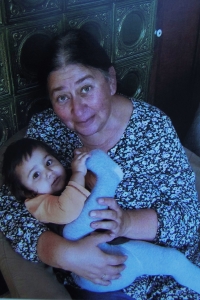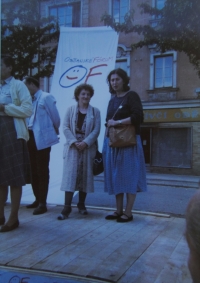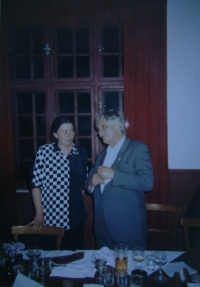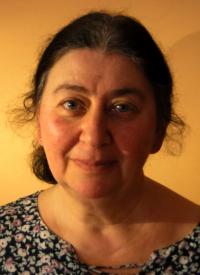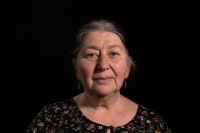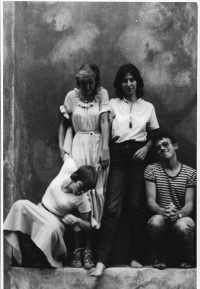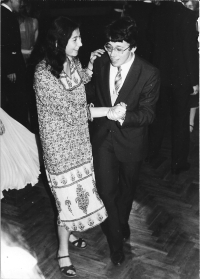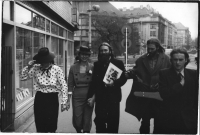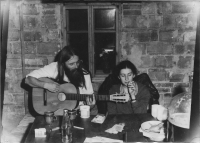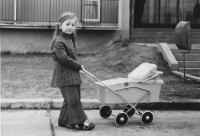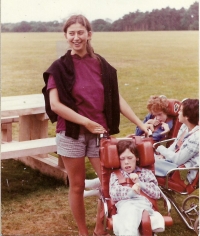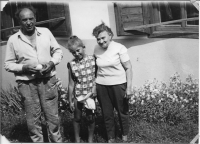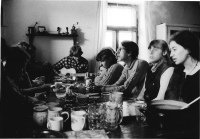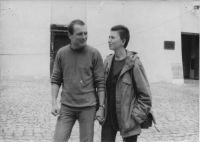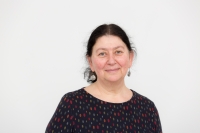We were young, so despite fear we managed to get through the challenges
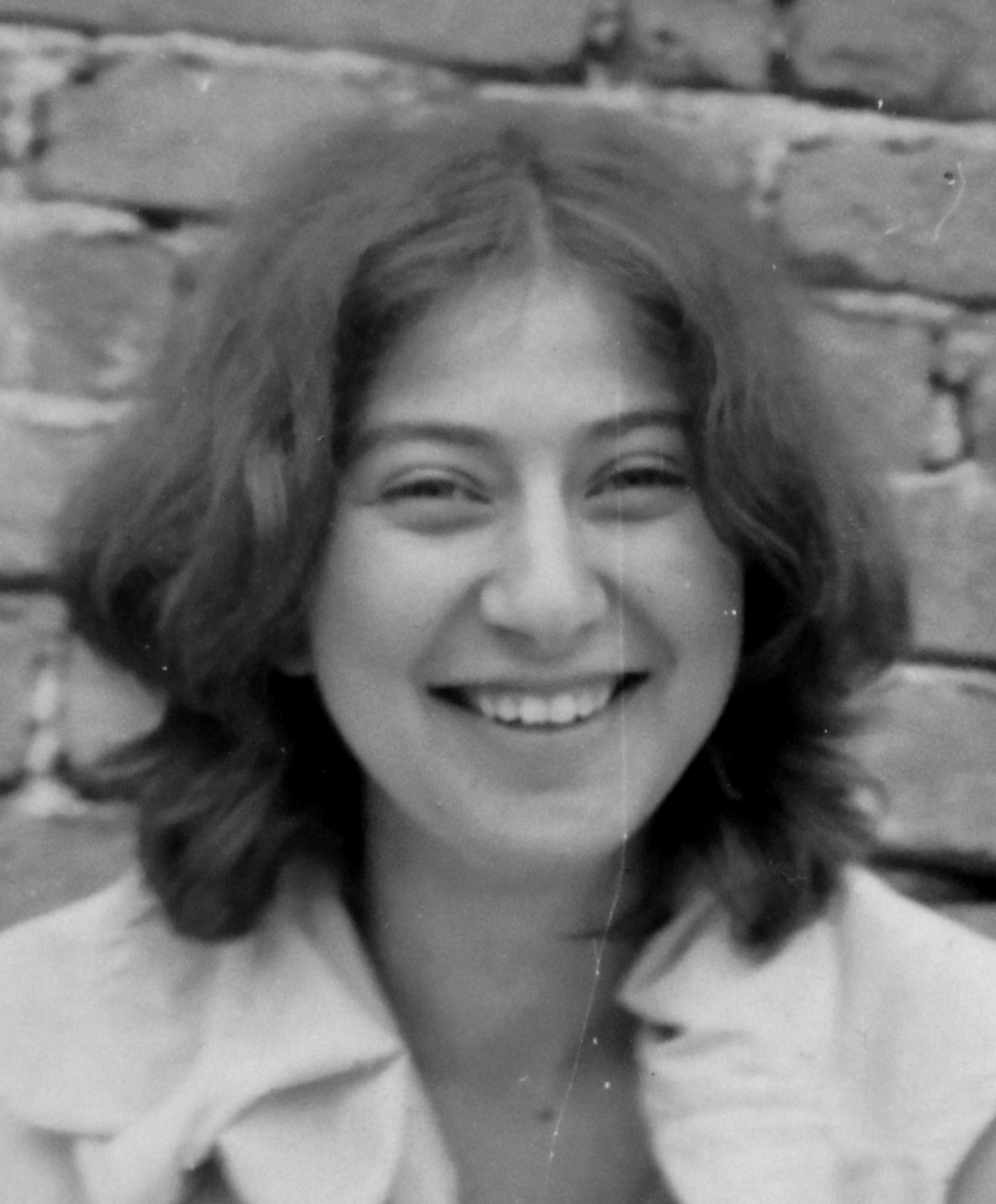
Download image
Ruth Šormová, née Eislerová, was born in Prague on the 14 December 1965 to Eliška Novotná and Pavel Eisler. Her father died tragically soon after Ruth was born. Ruth studied at the Akademické gymnázium Štěpánská. She spent her last two summer school holidays in Great Britain where she devoted her time to working in social care in a quaker community, which had a great influence on her later life. She joined the Evangelical Church of Czech Brethren and enrolled in a distance study programme in special pedagogy at the Faculty of Education at the Charles University. Thanks to open-minded members of the Church she was introduced to the ideas of independent political environment and became active in the area herself. She co-founded the Independent Association for Peace (Nezávislé mírové sdružení), signed Charter 77, and participated in various other initiatives. Sonn State Security became interested in her. She married Zdeněk Šorm, a theology student and member of the Evangelical Church of Czech Brethren, with whom she adopted three children. She spent the Velvet Revolution period working for the Civic Forum (OF) centre in Soběslav. She subsequently became a member of the Federal Assembly of the Czech and Slovak Federal Republic. She remained in the Federal Assembly until the 1992 elections, when she stood as a candidate for Civic Movement (OH), which was unsuccessful in the elections. In Soběslav, she founded the Jingle Bell (Rolnička) centre, focusing on social, educational, therapeutic, occupational and rehabilitation services for people with disabilities. She worked as director of the Portimo charitable company in Nové Město na Moravě. Since September 2018, she has been the director of the Prague mobile hospice Going Home (Cesta domů). She now lives in Prague with her husband Zdeněk Šorm, who works as a vicar of the Evangelical Church of Czech Brethren in the Vinohrady Church in Prague.
